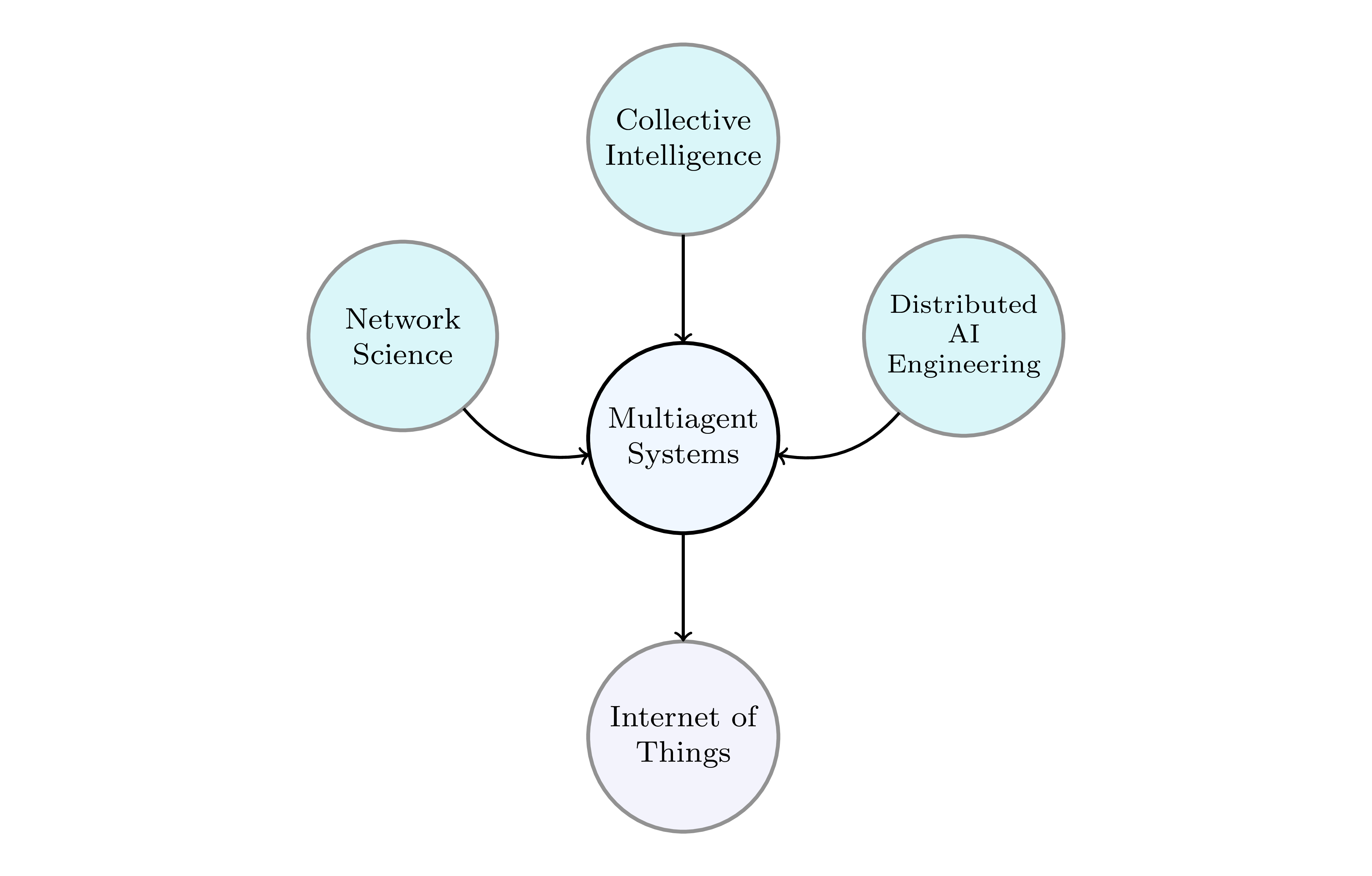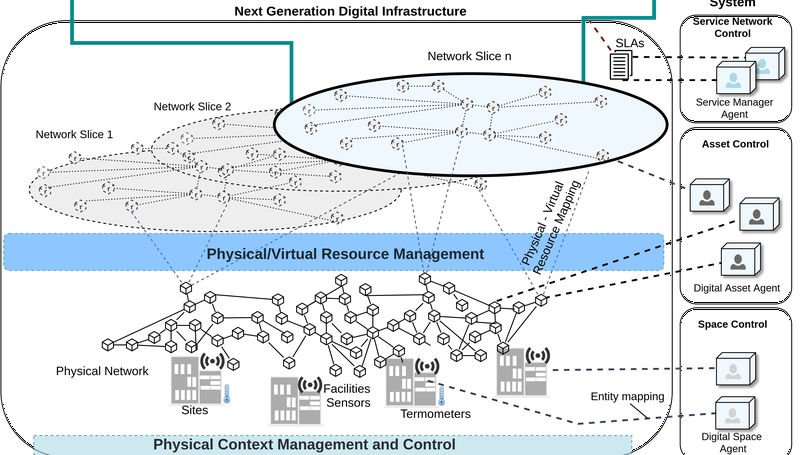Marco Perez Hernandez
I am Senior Lecturer in the School of Computing and Creative Technologies at the University of the West of England Bristol where I research on and teach about topics related to multiagent systems, distributed artificial intelligence and their applications. I am recipient of the UWE’s Vice Chancellor Early Career Research Award 2022.
Before joining UWE I was Postdoctoral Research Associate in the Institute for Manufacturing (IfM) at the University of Cambridge, working mainly on the design of agent-based control systems.
I completed my PhD in Computer Science at the University of Leicester, I studied autonomy and self-adaptation in systems of smart objects and how to realise these behaviours through middleware architectures.
Download my cv.
Interests
I study and design distributed intelligent systems. I analyse the dynamics of complex networks of agents, design strategies, algorithms and protocols for collective system learning and self-organisation. Most of my research work is applied to Internet of Things (IoT) environments, where intelligent agents are embodied in cyber-physical devices.

Projects
Main Projects I have been involved with
Current
GLOW-Energy nested bio system flows:from the home to the hub - Funder: EPSRC - Role: Co-I
Evaluating the performance of LLM (Large Language Model) Agents in coding tasks - Funder: UWE CATE Funding Scheme.
Group Configurations in Artificial Multi‐agent Systems for the Management of Digital Infrastructures - £15K - Funder: UWE VC ECR Award - Role: PI
NGCDI - Next Generation Digital Infrastructure - Funder: EPSRC & BT - Role: Researcher.
Past
Simulating human-robot teams interactions for the care of senior adults - ~£2K - Funder: UWE HEIT/FET Scheme - Role: Project Supervisor.
Digital Manufacturing on a Shoestring - Funder: EPSRC - Role: Research Associate.
IoT Systems to support operation of digital infrastructure 2020 - ~£2K - Funder: Research England through Pitch-In Connecting Capabilities Programme - Role: Project Supervisor.
em4so - Embedded Middleware for Smart Objects - Funder: University of Leicester. Role: Doctoral Researcher.
Publications
Click here! for the full list of publications.

Agent-based systems have been widely used to develop industrial control systems when they are required to address issues such as flexibility, scalability and portability. The most common approach to develop such control systems is with agents embedded in a platform that provides software libraries and runtime services that ease the development process. These platforms also bring challenges to the agent-based control system engineering. For example, they might introduce default design features, such as a global directory of agents. Furthermore, agents are generally locked in a platform and depend on the platform’s available support for deployment across computing infrastructures. This article addresses these challenges through an approach for building agent-based control systems, that relaxes the dependencies in multiagent system (MAS) platforms, through the use of container-based virtualisation. The proposed approach is elaborated via a reference architecture that enables the implementation of agents as self-contained applications that can be deployed, on-demand, in independent environments but still are able to communicate and coordinate with other agents of the control system. We built a prototype using this approach and evaluated it in the context of a case study for the supervisory control of digital network infrastructures. This case study enabled us to demonstrate feasibility of the approach and to show the flexibility, of the resulting control system, to adopt several topologies as well as to operate at different scales, over emulated networks. We also concluded that designing agents as individual deployment units is also cost-effective especially in control scenarios with low number of stable agents.